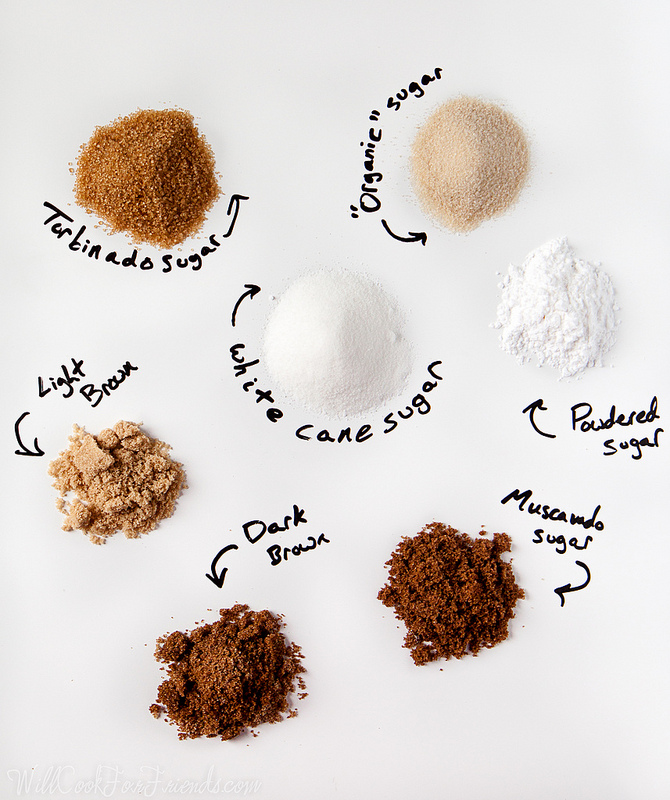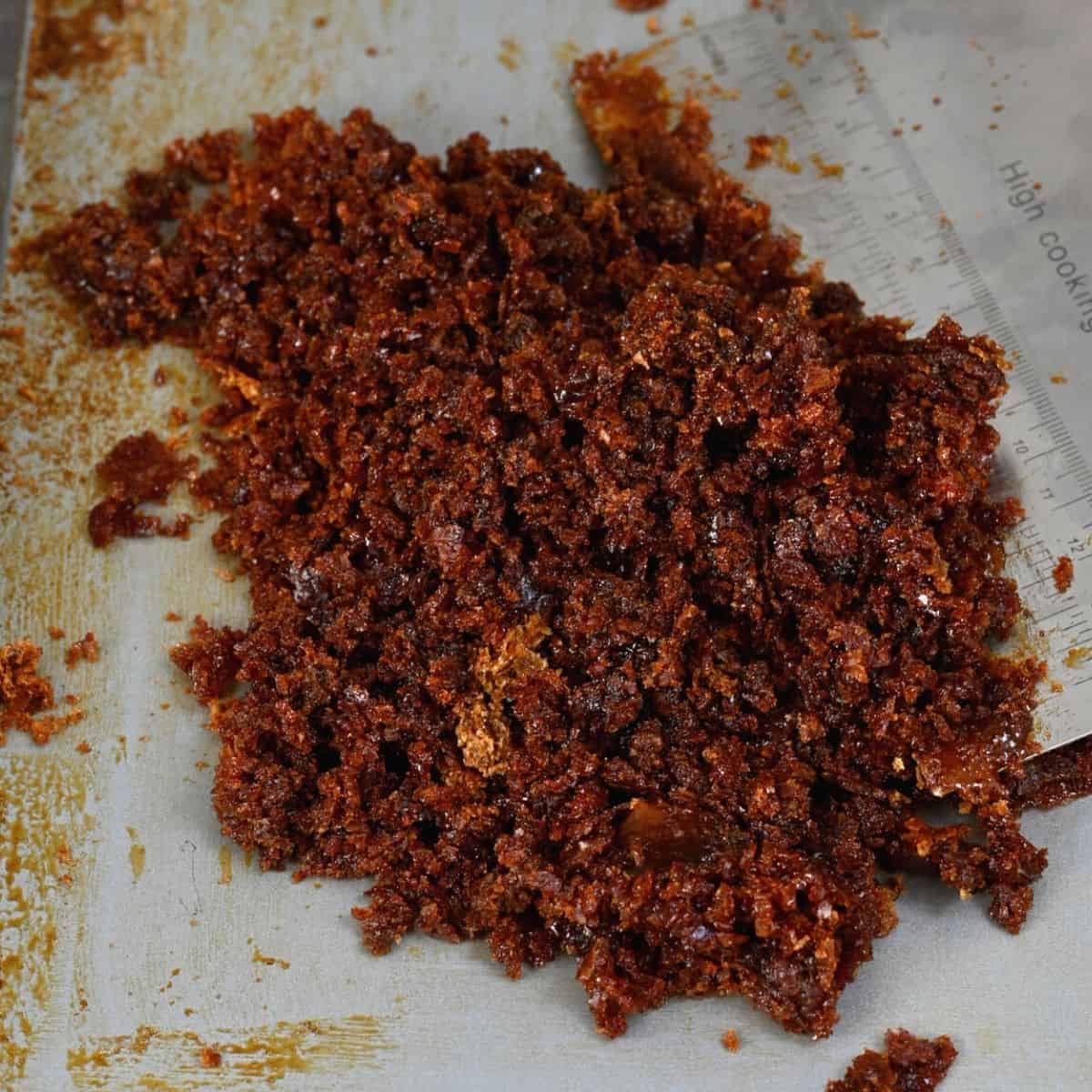Navigating Regulatory Compliance and Sustainability With Cutting-Edge Cane Sugar Handling Chemicals in the Chemical Export Sector

Regulatory Landscape Review
In the realm of cane sugar processing chemicals within the chemical export industry, comprehending the governing landscape is critical for making certain conformity and lasting operations. Regulative bodies such as the Environmental Protection Firm (EPA) and the Food and Medicine Administration (FDA) play an important duty in managing the production, import, and export of these chemicals. Compliance with policies established forth by these bodies is not just a legal need however likewise essential for keeping public health and wellness and environmental safety criteria.
Governing structures regulating walking cane sugar processing chemicals encompass a variety of elements, consisting of labeling needs, acceptable degrees of specific materials, and standards for risk-free handling and disposal. For chemical exporters, this means adhering to strict documentation processes, top quality control measures, and routine audits to demonstrate adherence to these guidelines.

Sustainable Walking Stick Sugar Chemical Innovations

One popular location of innovation is the development of environmentally friendly chemicals that reduce water and energy usage throughout the sugar processing phases. By applying these lasting services, companies can reduce their carbon impact while preserving high degrees of efficiency. Furthermore, developments in naturally degradable chemicals are obtaining grip, supplying a more ecologically friendly option to standard handling representatives.
Additionally, the assimilation of eco-friendly energy resources in the production process is becoming extra widespread, further enhancing the sustainability account of walking stick sugar handling. By embracing these sustainable cane sugar chemical developments, firms can not only meet regulatory needs however likewise show a commitment to environmental duty in the chemical export sector.
Conformity Obstacles in Exporting Chemicals
Browsing regulative frameworks poses considerable obstacles for chemical merchants, calling for meticulous focus to conformity standards and worldwide laws. Exporting chemicals entails adherence to a complex internet of regulations that vary from country to nation. One of the main compliance difficulties encountered by chemical merchants is making sure that the products satisfy the particular regulative demands of the importing nation. This consists of obtaining the necessary licenses, accreditations, and documentation to show the safety and security and legality of the chemicals being exported.
Furthermore, chemical merchants must remain abreast of constantly evolving policies and criteria connected to chemical transport, handling, and production. Failing to adhere to these policies can you can check here lead to severe consequences, consisting of penalties, lawsuit, and reputational damages. Browsing profession limitations, assents, and export control regulations adds an additional layer of intricacy to the conformity landscape for chemical exporters.
To reduce these challenges, chemical merchants should purchase robust compliance programs, carry out normal audits, and involve with regulative authorities to make sure an extensive understanding of the applicable laws and policies. By focusing on compliance and remaining aggressive in addressing regulatory obstacles, chemical exporters can browse the complexities of global trade efficiently.
Ecological Influence of Walking Cane Sugar Handling
The environmental implications of walking cane sugar handling are a critical element calling for thorough examination in the chemical export industry. Walking stick sugar processing can have significant ecological impacts at numerous phases of production. Among the primary issues is the generation of huge volumes of wastewater consisting of raw material, suspended solids, and chemicals utilized in the handling plants. This wastewater, if not correctly treated, can pollute water bodies, damage aquatic life, and deteriorate total water quality. In addition, the burning of sugarcane areas before harvesting, an usual technique in some areas, launches unsafe air toxins and greenhouse gases into the atmosphere, contributing to air top quality concerns and environment adjustment.
Furthermore, the comprehensive use pesticides and plant foods in sugarcane farming can lead to soil destruction, water contamination, and damage to non-target organisms. It is essential for chemical merchants entailed in the walking stick sugar processing sector to apply sustainable practices, purchase advanced wastewater treatment technologies, promote responsible agricultural approaches, and adhere to rigorous environmental policies to reduce the negative ecological influence of their procedures.
Future Trends in Sustainability Practices
What ingenious methods are chemical exporters in the walking cane sugar processing industry taking on to improve sustainability methods for the future? As the demand for sustainable methods continues to grow, chemical exporters are embracing various fads to ensure a greener future for the industry. One famous trend is the shift towards developing and making use of environment-friendly chemicals in the processing of walking stick sugar. These chemicals are developed to minimize ecological effect while keeping high levels of effectiveness in the production procedure.
One more essential pattern over at this website is the implementation of sophisticated innovations such as automation and information analytics to optimize resource use and reduce waste generation. By using the power of information and automation, chemical merchants can improve their procedures, boost power effectiveness, and enhance total sustainability efficiency.
Furthermore, collaborations and collaborations with sustainability-focused organizations and stakeholders are ending up being progressively common. By interacting, chemical exporters can trade understanding, share ideal practices, and jointly drive innovation in the direction of more sustainable walking cane sugar handling techniques. Welcoming these trends will certainly not only profit the atmosphere but additionally guarantee lasting success and competitiveness in the sector.
Final Thought
In conclusion, the chemical export market should browse complex regulatory landscapes and sustainability obstacles when processing walking stick sugar. Advancements in cane sugar handling chemicals are critical to meeting conformity criteria and reducing environmental impact. As the sector remains to evolve, it is necessary for companies to adopt sustainable practices and stay in advance of future trends to make sure lasting success.
In the world of cane sugar handling chemicals within the chemical export sector, comprehending the regulatory landscape is this hyperlink vital for guaranteeing conformity and sustainable operations.Discovering cutting-edge approaches in the development of lasting cane sugar chemical remedies is crucial for progressing environmental stewardship in the chemical export market. Firms are increasingly spending in research study and advancement to create advanced walking stick sugar handling chemicals that not just guarantee high efficiency in sugar production but likewise adhere to strict sustainability requirements.
In addition, chemical merchants have to stay abreast of continuously progressing policies and requirements related to chemical handling, transport, and production - Cane Sugar Processing Chemicals.The environmental ramifications of walking stick sugar processing are a critical aspect needing detailed examination in the chemical export sector